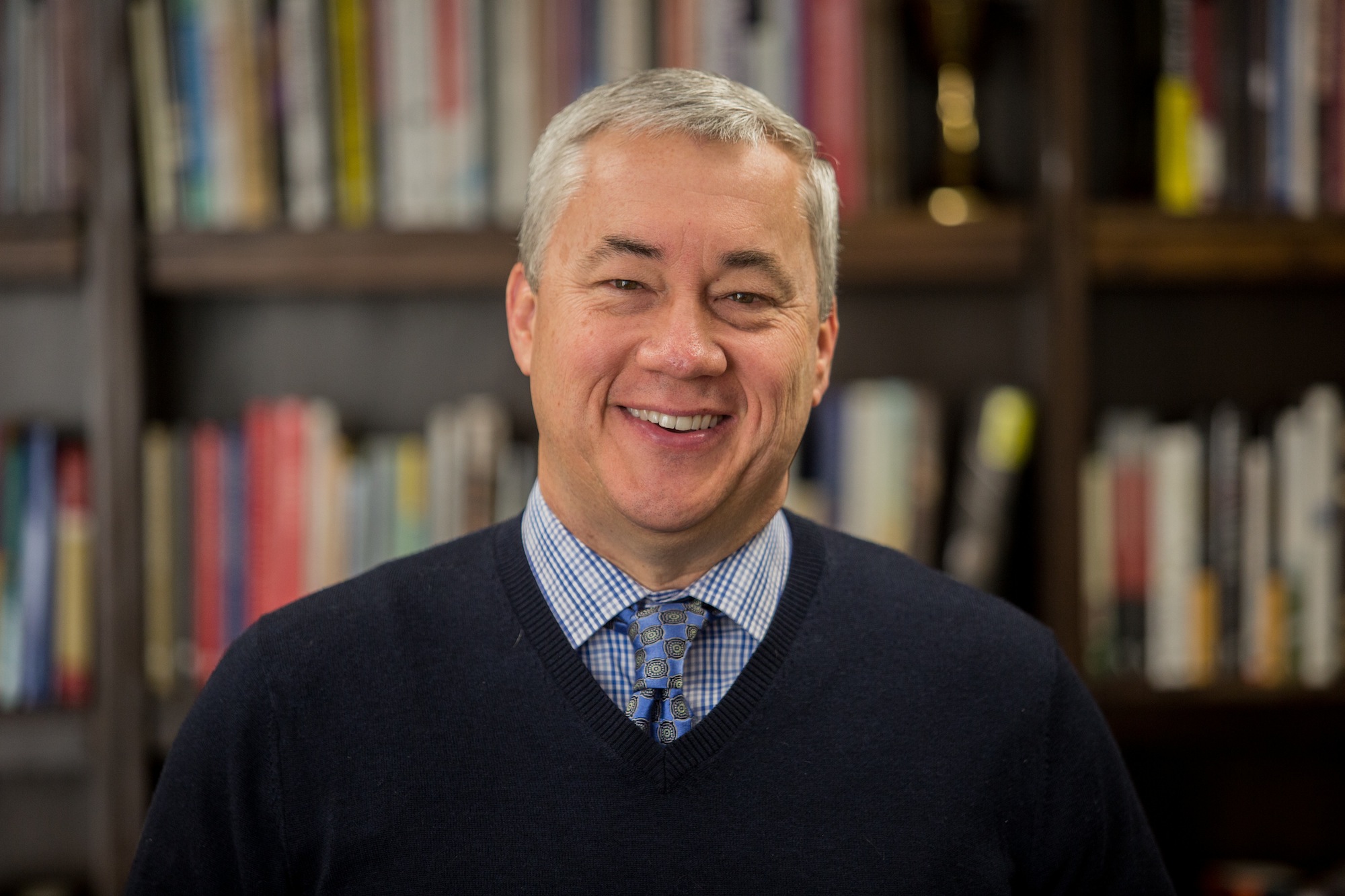Bob Rodgers became the fourth president of Richmont Graduate University in 2012, taking over the school that focuses on Christian-based counseling and ministry. He was the fundraising pointman for the school's new $2.3 million Atlanta campus and also launched university-sponsored trauma centers in Chattanooga and Atlanta.
Prior to Rodgers' appointment as president, he was a Richmont board member and also executive vice president at the school. His ran his own consulting firm, Quantum Search, whose clients included Chick-fil-A, Georgia Pacific, Baptist Healthcare and Curtis1000 marketing. Rodgers holds a bachelor of science degree in in management and marketing from Lee University and a master's degree in Ministry from Richmont. He is the chairman of the Freedom
Coalition, a collaborative initiative that aims to halt global human trafficking.
This month, a faith-based organization in Atlanta called Street Grace elected Rodgers to be its president and chief executive officer. Street Grace is a network of community, business and church leaders who want to end Domestic Minor Sex Trafficking, sexual activity in which there is a promise of the exchange of something of value to a child or another person(s) for sex with that child.
Rodgers spoke with the Times Free Press about making the transition.
Q. The new job would seem to be a dramatic change from the other items on your resume, what prompted you to take on the new challenge?
A: Richmont has a lot of excellent counselors, professors and experts on human trafficking and the trauma the victims of this crime endure. They speak at conferences, to church groups, at seminars. I was impressed with their knowledge. And I was struck by the urgency of this problem. I felt called by God to try to stop trafficking, to try to find a solution to this terrible, widespread problem. And then I had a moment, a watershed moment really, when I knew I needed to find a way to make tackling this issue a focal point of my work.
Q. The watershed moment, was it a particular incident?
A: Yes. I was involved in finding resources to help the victim. And she was a child. Someone had paid a man to rape her. After knowing that this kind of evil exists, I felt I had to do something. I'm the father of three children, two daughters. I couldn't just put it out of my mind.
Q. What does Street Grace do to stop this abuse?
A: We educate people about this issue. We send experts to talk to school administrators, law enforcement, youth groups, churches and civic organizations to tell them how to recognize, report and support victims of sex trafficking and marshal the resources they have effectively.
We also go to corporations. Studies have shown that when consumers of sex trafficking request the services of someone being exploited by a trafficker, that call is often made in the afternoon, probably from a hotel room. If this is how an employee spends time on a business trip, there are ways to document that and stop it.
We also talk to youth groups about what is sexual harassment and date rape.
Q. Those issues are different from trafficking.
A: But they all involve the need to respect another person and not to exploit and abuse them sexually.
Q. Are there legislative ways to help victims and stop traffickers?
A: Yes, and those proposals are out there in state legislatures. Most of them revolve around funding services for victims, law enforcement programs. This is not a political issue. It is a human rights issue. But like every other issue, in this political climate it is hard to get enough agreement among lawmakers to pass bills into law.
Q. Were colleagues and friends concerned about you when they learned you were making this career change?
A: Well, it is a topic that is terribly unpleasant to deal with. We should not let the ugly nature of the topic deter us from trying to stop trafficking.
Q. How do you keep safe, sane and happy time for yourself to have with your family when your work will involve great darkness?
A: That is a question more caregivers need to ask themselves. When my job change was announced, I got a lot of advice from friends who are CEOs of organizations that tackle very troubling social problems. They gave me advice on self-care.
Q. There is a TraffickCam app that allows vacationers and travelers to help police locate trafficking victims whose photos appear on disreputable websites. (Each traveler submits four photos of his hotel room, the room number and hotel name to the app, which is harvested for a law enforcement database. When police see a photo of a victim in a hotel room appear on a disreputable website, they can try to locate the hotel by comparing it to photos in the database). At the university, you implemented some tech innovations. Is there a way to use technology to achieve Street Grace's goals?
A: Oh, yes! At the university, we built our own platform for online degrees and it allowed for face-to-face interactions between students and teachers and real-time chats. Street Grace educates people about an urgent social problem. We can use every technological tool for that purpose.
Contact Lynda Edwards at 423-757-6391 or ledwards@timesfreepress.com.

